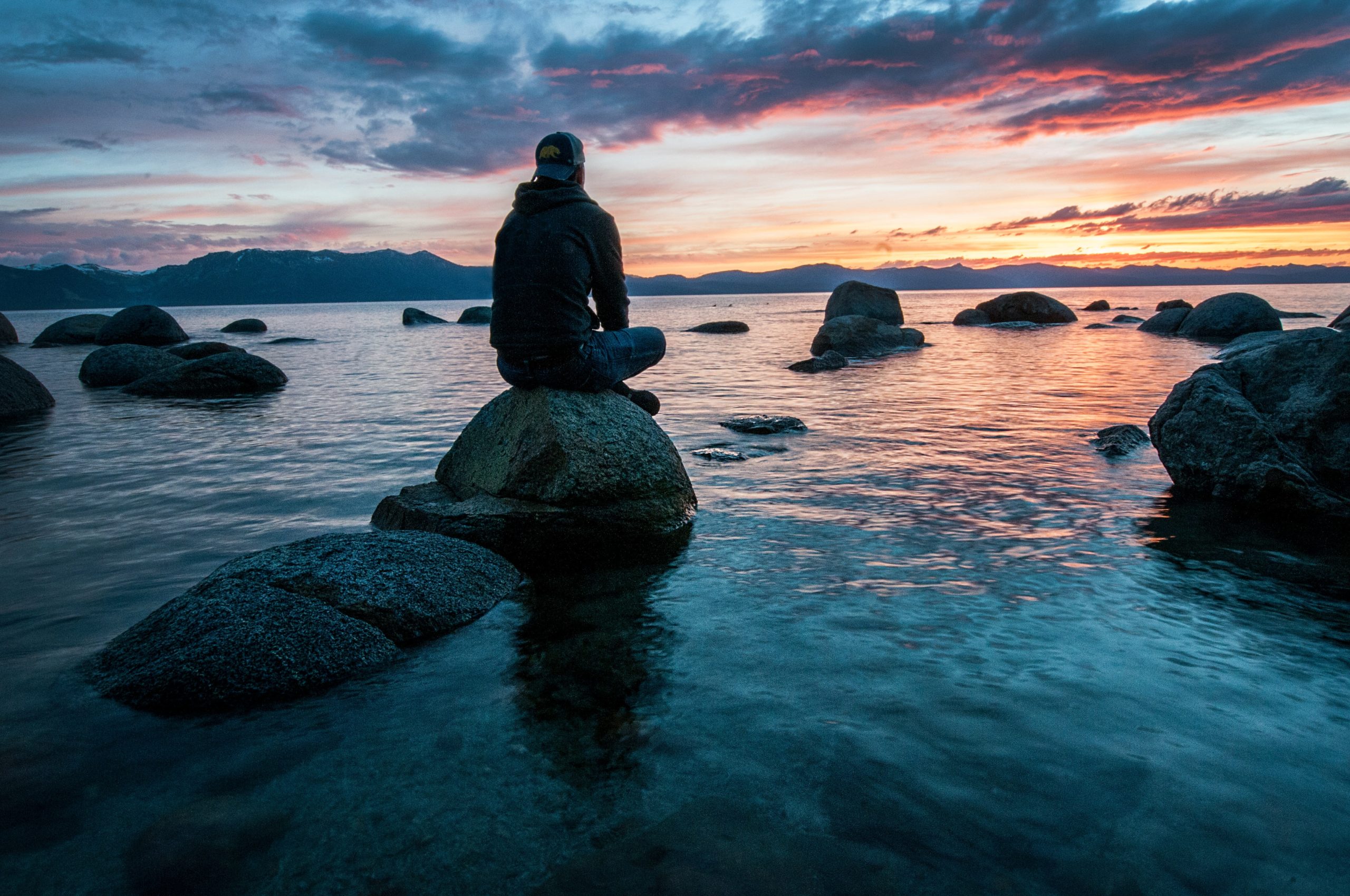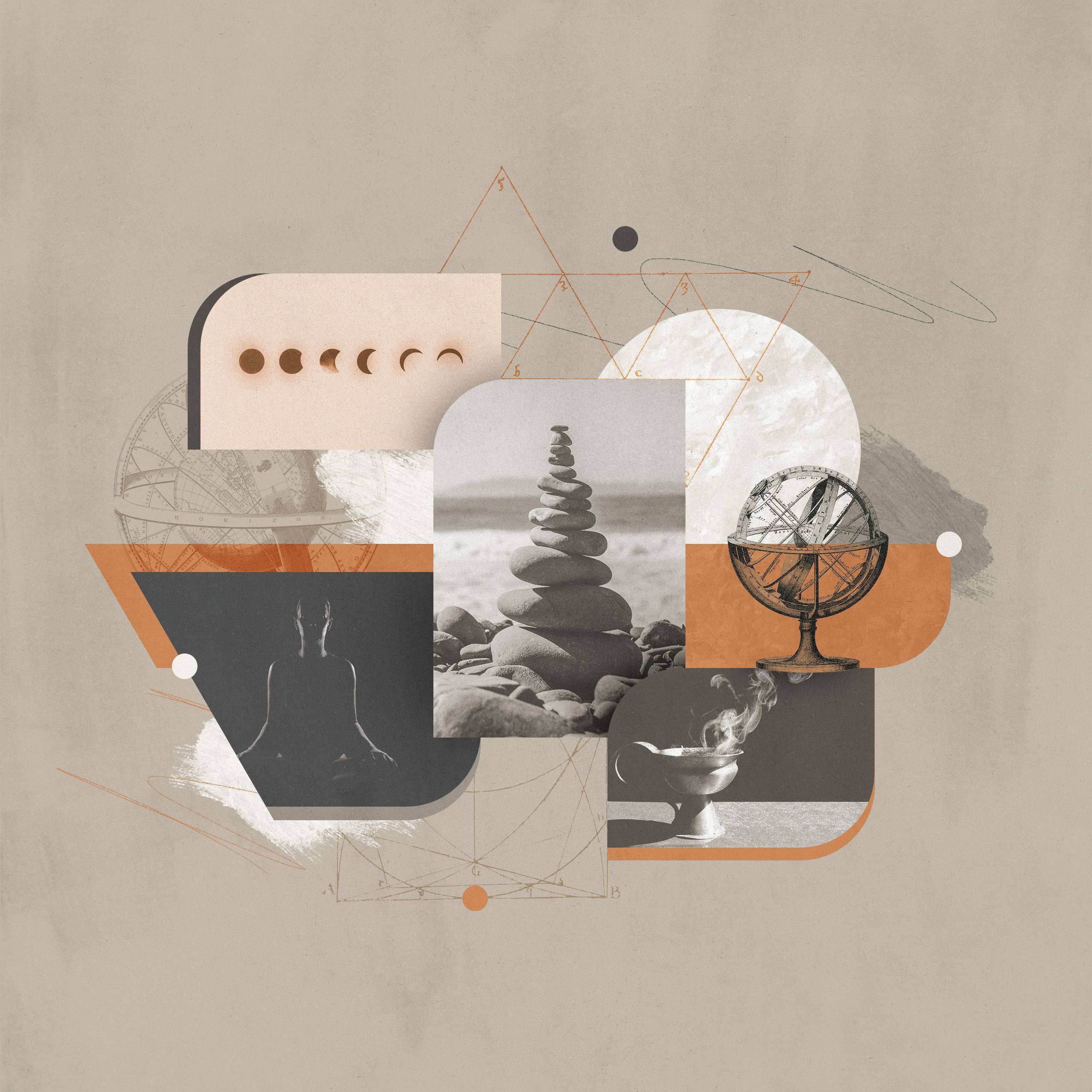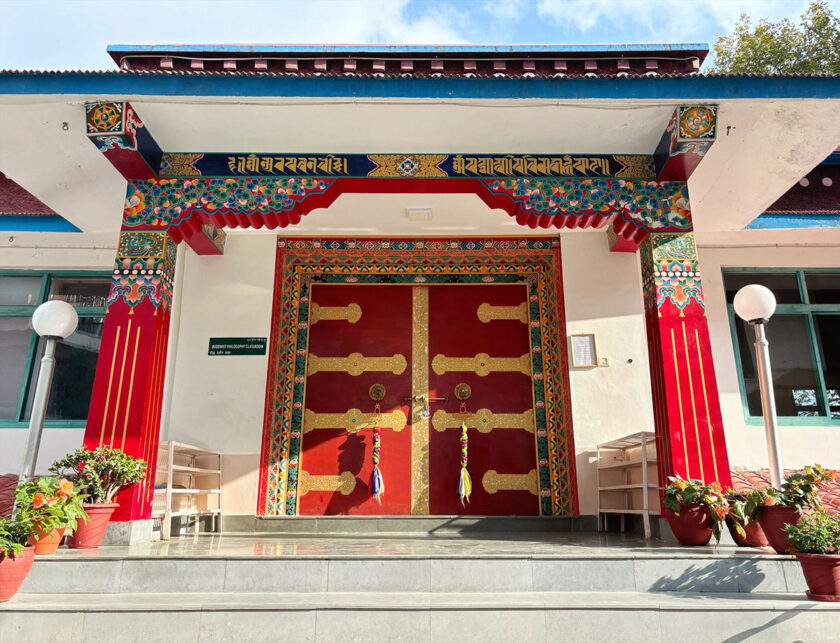Embracing the Essence of Solitude in Spirituality
The quest for spiritual fulfillment often evokes images of communal worship, shared rituals, and congregational prayer. However, nestled within the heart of spiritual tradition lies an equally significant, albeit quieter, companion: solitude. The practice of solitude has embroidered itself into the spiritual tapestry of numerous faiths, not as a thread of isolation, but as a strand of profound self-discovery and inner peace.
Historically, solitude has been venerated within the spheres of religion and spirituality. Monastic life, for instance, is one of the most prominent exemplars of solitude, where monks and nuns retreat from the cacophony of societal life to engage deeply with the divine. Within Christianity, the Desert Fathers—a group of early Christian hermits, ascetics, and monks—retired to the solitude of the wilderness to cultivate a closer relationship with God, setting a paradigm for Christian monasticism.
In Eastern traditions such as Buddhism and Hinduism, solitude is often seen as a vessel for enlightenment. Siddhartha Gautama, who became the Buddha, abandoned the luxuries of his princely life to seek truth in the solitude of the wilderness. His experience demonstrates the value placed upon solitary reflection and meditation as a path to spiritual awakening. Likewise, Hindu yogis and sages have journeyed into the quietude of the forest or mountains, embracing the concept of 'aranyaka'—life in the forest—as a phase for spiritual growth and understanding of the self.
Solitude in spirituality is not exclusive to monasticism or historical ascetics; it remains relevant in the contemporary narrative of personal faith. In a world saturated with constant noise and distraction, finding solitude—even if not physically isolating oneself—can be an act of resistance and self-preservation. It is within these quiet moments that individuals often report feeling a surge of spiritual clarity and connectedness.
This communion with the inner self can be profoundly constructive; the spiritual fruits of solitude are recounted across cultures and personal testimonies. People often articulate experiences of deep relaxation, heightened awareness, and a sense of being anchored in something greater than themselves. In solitude, one can sift through the superficial layers of daily existence, approaching a purer state of being that facilitates an encounter with the sacred.
Yet the path of solitude is not one of sheer serenity and light. It can also be a stage for wrestling with inner demons, confronting doubts, and navigating the complex landscape of one’s own soul. The allure of solitude in some religious paths, like Sufism—the mystical Islamic belief system—includes the concept of the 'dark night of the soul,' where the individual must face the abyss of nothingness to emerge spiritually reborn.
The pursuit of solitude, however, is not without its challenges in the modern context. The prevalence of technology and a culture that often equates alone time with loneliness or unproductivity can make the deliberate pursuit of solitude seem countercultural or daunting. Yet, therein lies the potency of its promise—the ability to disconnect in order to reconnect at a deeper level with oneself and the divine, according to one's beliefs.
In embracing solitude, individuals find their own unique way into the quiet. Whether it be through scheduled times of meditation, mindful walks, or even brief moments of stillness in a busy day, the cultivation of solitude is as diverse as the individuals who seek it.
[To be continued...][Continuation...]
The term "spiritual but not religious" (SBNR), an increasingly popular identifier, underscores a trend that aligns closely with the practice of solitude. Those who identify as SBNR often find traditional religious structures restrictive, instead seeking personal spiritual experiences that go beyond collective doctrines and communal practices. Solitude becomes a canvas upon which they paint their individualized spiritual journeys, free from the expectations of organized religion.
Moreover, technology, although often seen as an antagonist to solitude, can also be a facilitator. Digital detoxes and app-guided meditation are modern tools that people use to carve out oases of stillness in their lives. This paradox, where solitude is supported by the very devices that can impede it, reflects the complexity of modern spiritual practice. It also highlights the adaptability of solitude as a concept—its essence untethered from time, persisting even in the age of digital omnipresence.
The intersection of solitude and psychological well-being bears significant examination as well. Mental health professionals have begun to recognize the value of solitude for personal growth, stress reduction, and emotional balance. While excessive isolation can be detrimental, the intentional practice of solitude can provide a counterbalance to the pressures of social life, fostering resilience and a greater sense of individual purpose. The spiritual and psychological benefits, though they travel on parallel paths, often converge, together enriching the individual's overall sense of well-being.
Although the pursuit of solitude is a personal and varied experience, its spiritual profundity has not gone unnoticed by religious institutions. Some places of worship have started to integrate opportunities for personal reflection and solitary meditation into their communal activities. Retreats, quiet prayer spaces, and guidance on solitary spiritual practices are becoming more common, highlighting a recognition of the need for a balance between community and individual spiritual expressions.
Moreover, the role of nature in facilitating solitude and, by extension, spiritual experiences, is profound and has been a mainstay across religions. Nature offers an escape from the artificiality of human constructions, serving as the original sanctuary for those seeking solitude. The natural world's rhythms—dawn, dusk, the cycles of seasons—speak to the cyclical nature of life and offer a tangible connection to the idea of a greater power.
The spiritual journey through solitude necessarily includes grappling with the human fear of being alone, a subject that has been contemplated by theologians and philosophers alike. Yet, what emerges from solitude is not a narrative of fear, but rather one of transcendence. As individuals push past the discomfort of silence and aloneness, they discover an enriched sense of presence that transcends the need for constant external validation or stimuli.
Despite its benefits, the call of solitude is not heeded by all. The modern mantra of hustle culture and the fear of missing out (FOMO) often crowd out the whispering invitations to step back and engage inwardly. But for those who dare to quiet the noise, solitude stands as a timeless testament to the depth and breadth of the human spirit's capacity for self-discovery and connection to the ineffable mysteries of existence.
As the curtain falls on our exploration of solitude in spirituality, one is left to ponder the quiet power that awaits in stillness. Solitude, when embraced, is far more than a retreat from the world—it is a bold confrontation with the self, a nurturing ground for spiritual blossoming, and a bridge to the divine that resides within and beyond the confines of human understanding.
The beauty and profundity of solitude serve as an invitation to all, regardless of creed or conviction, to venture within and explore the sacred spaces of the self. It is there, in the silent depths, where the ultimate truths of one's spiritual narrative are waiting to be uncovered, contemplated, and celebrated.
[Article Concludes]










Comments